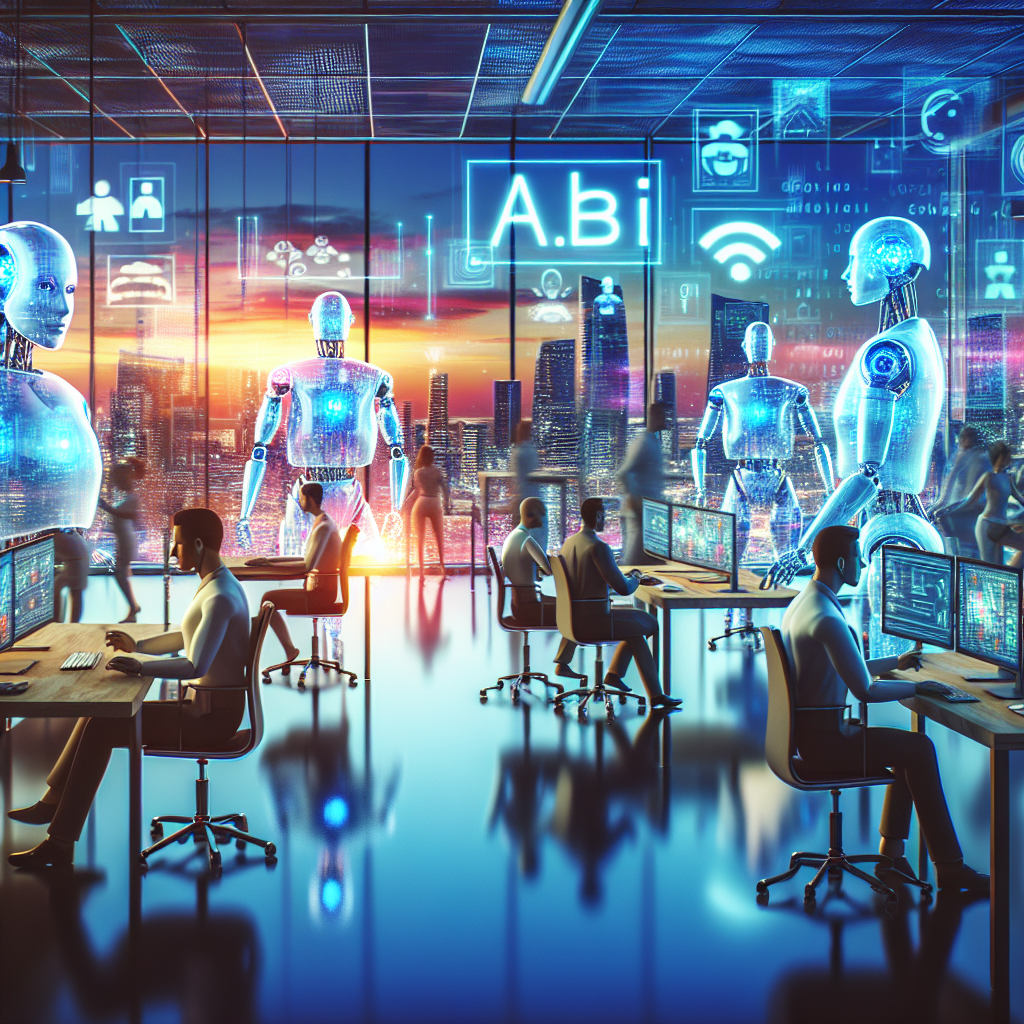The Future of Work: How AGI Will Impact Jobs and Employment
The advancement of Artificial General Intelligence (AGI) is set to revolutionize the way we work and the types of jobs available in the future. AGI refers to a type of artificial intelligence that possesses human-like cognitive abilities, such as reasoning, problem-solving, and learning. While current AI technologies are limited in their capabilities and are designed for specific tasks, AGI has the potential to perform a wide range of tasks that currently require human intelligence.
As AGI technologies continue to advance, they will have a profound impact on jobs and employment across various industries. Some jobs may become automated, while new job opportunities will emerge that require collaboration between humans and AGI systems. In this article, we will explore how AGI will impact jobs and employment in the future, and what steps individuals and organizations can take to prepare for this shift.
The Impact of AGI on Jobs and Employment
One of the main concerns surrounding the advancement of AGI is the potential for job displacement. As AGI systems become more advanced and capable of performing a wide range of tasks, there is a risk that many jobs currently performed by humans will become automated. This could lead to widespread job loss and economic disruption in many industries.
However, it is important to note that AGI will also create new job opportunities that require human skills and abilities that cannot be replicated by machines. For example, jobs that require emotional intelligence, creativity, and critical thinking are likely to remain in demand in the future. Additionally, new roles will emerge that involve working alongside AGI systems to enhance productivity and efficiency in various industries.
In order to prepare for the impact of AGI on jobs and employment, individuals and organizations will need to adapt and acquire new skills that are in demand in the future labor market. This may involve retraining and upskilling to transition into new roles that require a combination of human and AI capabilities. Companies will also need to invest in workforce development programs to ensure that their employees are equipped to work effectively with AGI systems.
FAQs
Q: Will AGI replace all human jobs?
A: While AGI has the potential to automate many tasks currently performed by humans, it is unlikely to replace all human jobs. Jobs that require emotional intelligence, creativity, and critical thinking are likely to remain in demand in the future.
Q: How can individuals prepare for the impact of AGI on jobs and employment?
A: Individuals can prepare for the impact of AGI by acquiring new skills that are in demand in the future labor market, such as data analysis, programming, and problem-solving. It is also important to stay informed about advancements in AI technology and how they may impact different industries.
Q: What role will governments play in regulating the use of AGI in the workforce?
A: Governments will play a crucial role in regulating the use of AGI in the workforce to ensure that the technology is used ethically and responsibly. This may involve implementing laws and regulations to protect workers’ rights and ensure that AGI systems are used in a way that benefits society as a whole.
In conclusion, the advancement of AGI will have a significant impact on jobs and employment in the future. While there is a risk of job displacement as tasks become automated, there are also new job opportunities that will emerge that require human skills and abilities. By preparing for the impact of AGI and acquiring new skills, individuals and organizations can adapt to the changing labor market and thrive in the age of artificial intelligence.

